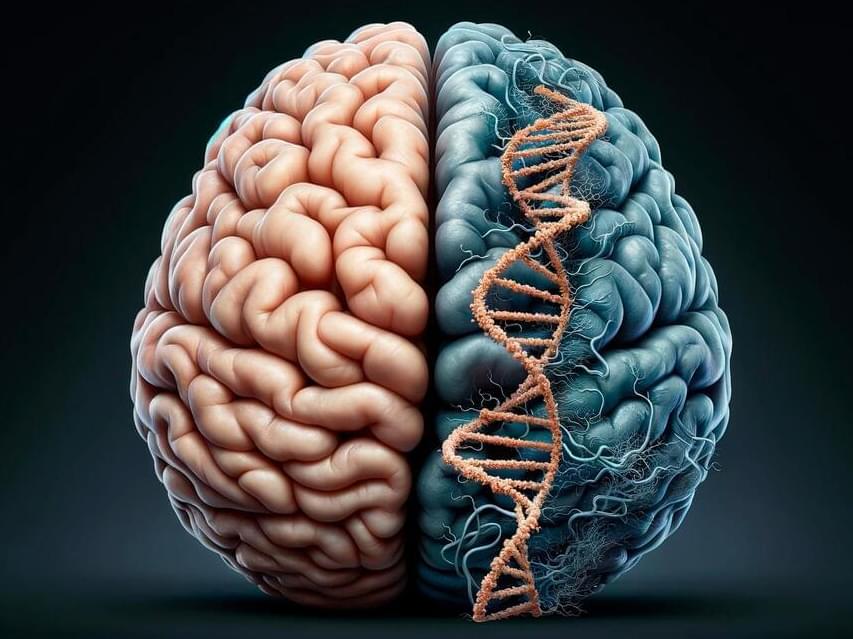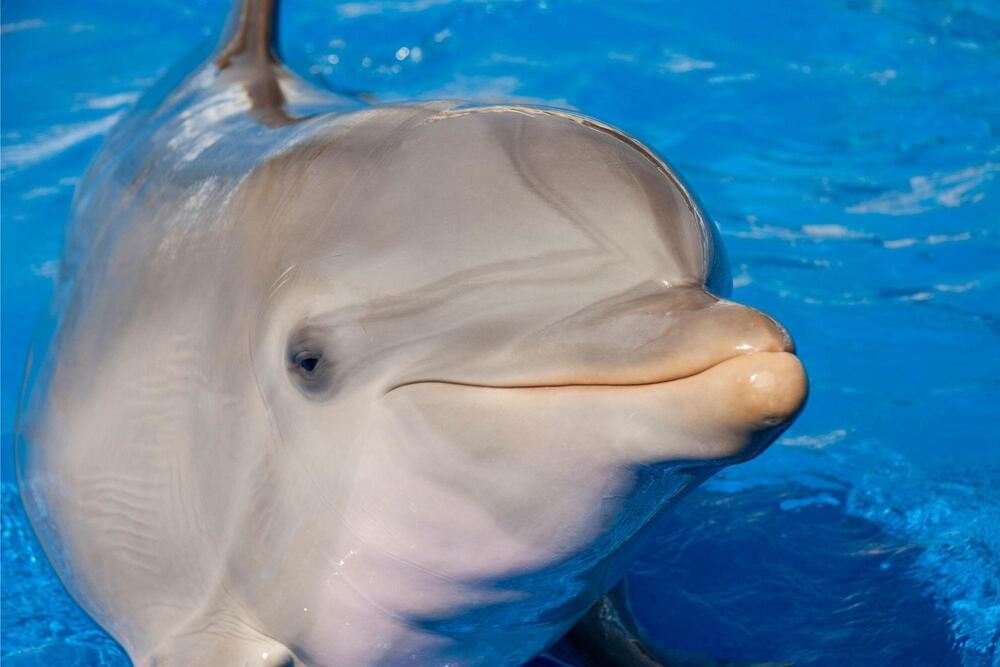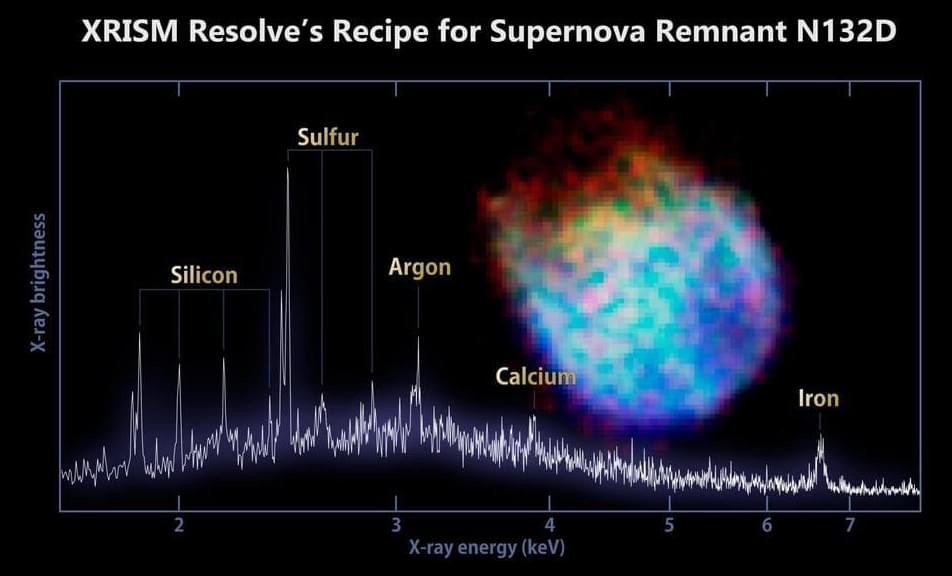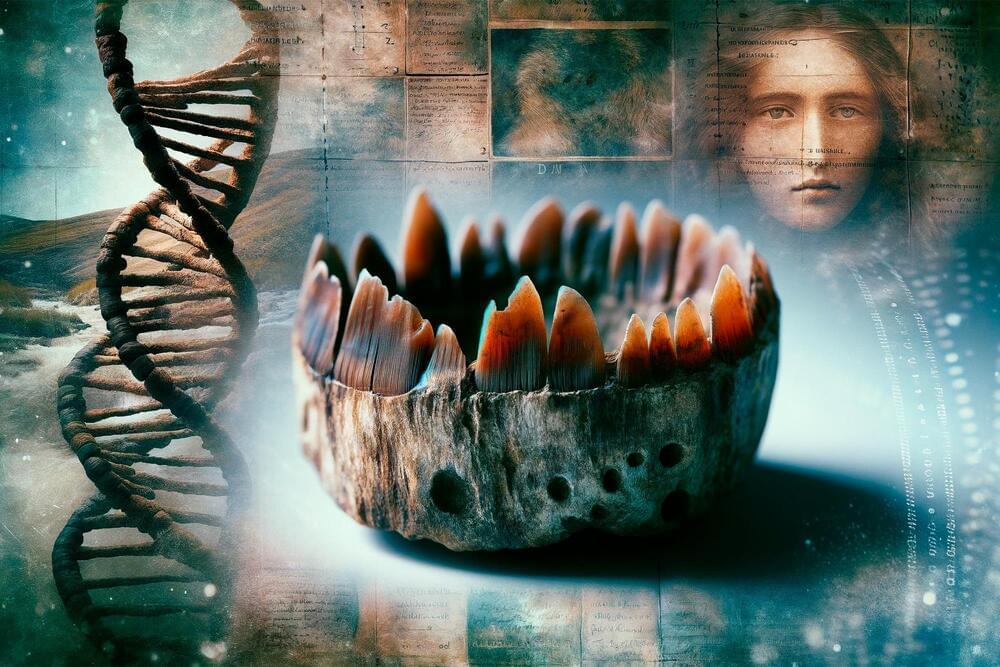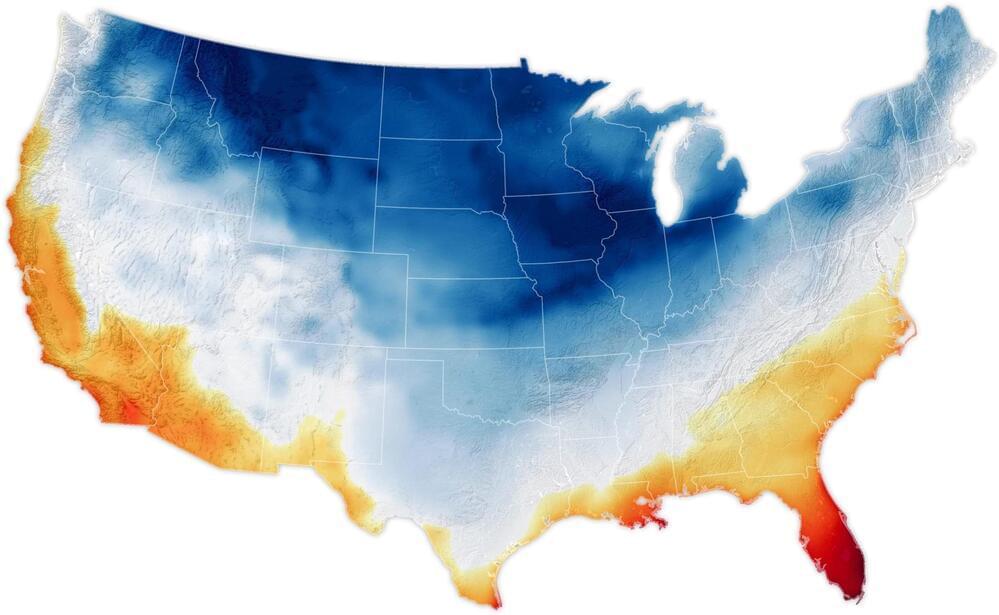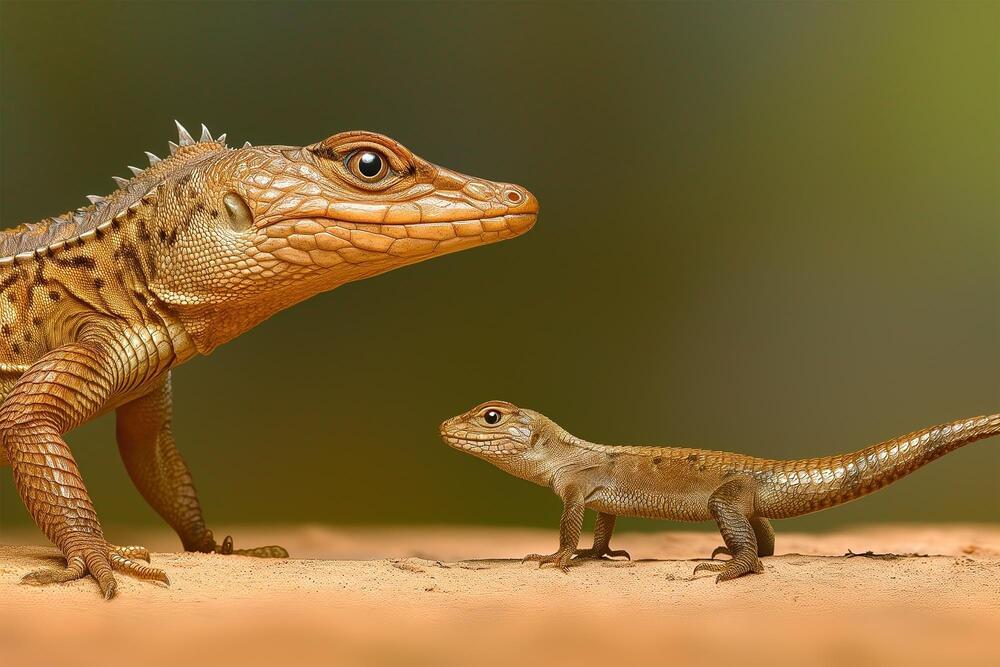A new Northwestern Medicine study shows that RNA interference may play a key role in Alzheimer’s. For the first time, scientists have identified short strands of toxic RNAs that contribute to brain cell death and DNA damage in Alzheimer’s and aged brains. Short strands of protective RNAs are decreased during aging, the scientists report, which may allow Alzheimer’s to develop.
The study also found that older individuals with a superior memory capacity (known as SuperAgers) have higher amounts of protective short RNA strands in their brain cells. SuperAgers are individuals aged 80 and older with a memory capacity of individuals 20 to 30 years younger.
“Nobody has ever connected the activities of RNAs to Alzheimer’s,” said corresponding study author Marcus Peter, the Tom D. Spies Professor of Cancer Metabolism at Northwestern University Feinberg School of Medicine. “We found that in aging brain cells, the balance between toxic and protective sRNAs shifts toward toxic ones.”
